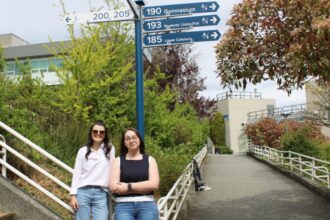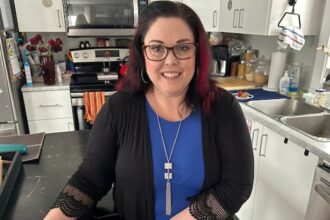The Indigenous Studies program at York University is set to reopen next semester following a two-year suspension that sparked intense debate across Canadian academic institutions. The program’s revival comes amid growing student concerns about curriculum integrity and Indigenous representation in higher education.
“This reopening represents both an opportunity and a challenge,” said Dr. Melissa Bearcloud, newly appointed director of the program. “We’ve completely restructured the curriculum to address the concerns that led to its suspension, while strengthening our commitment to authentic Indigenous knowledge systems.”
The program was initially suspended in 2023 following complaints from Indigenous community leaders about cultural misappropriation and questionable academic practices. An internal review revealed several courses were being taught by non-Indigenous faculty with limited understanding of traditional knowledge systems or contemporary Indigenous realities.
Student advocacy groups played a crucial role in pushing for the program’s reinstatement. The Indigenous Students Association led a series of campus demonstrations and presented administration with a detailed proposal outlining necessary reforms.
“We demanded not just the program’s return, but its transformation,” explained Sarah Wabano, president of the Indigenous Students Association. “Indigenous Studies isn’t just another academic field—it’s about our stories, our histories, and our futures.”
The revamped program includes several significant changes. At least 70% of faculty will now be of Indigenous heritage, course materials will undergo review by Indigenous knowledge keepers, and new partnerships have been established with First Nations, Métis and Inuit communities across Canada to ensure authentic representation of diverse perspectives.
The controversy surrounding York’s program reflects broader tensions in Canadian academic institutions struggling to meaningfully implement Truth and Reconciliation Commission recommendations. According to a recent survey by Universities Canada, while 86% of post-secondary institutions offer Indigenous-focused programs, only 23% meet standards for Indigenous governance and curriculum authenticity.
Dr. Thomas Berger, education policy analyst, notes this represents a turning point: “Universities across North America are being forced to reckon with how Indigenous knowledge is taught and who has the authority to teach it. This isn’t merely about representation—it’s about epistemological justice.”
The program’s reopening also coincides with increased political attention to Indigenous education. Last month, the federal government announced a $45 million initiative to support Indigenous Studies programs nationwide, emphasizing the importance of these disciplines in advancing reconciliation efforts.
Critics, however, remain cautious. “While the structural changes look promising on paper, implementation will determine whether this represents genuine transformation or performative inclusion,” said Elder Joseph Crowfoot, who served on the external review committee for the program.
Enrollment numbers will be closely watched when registration opens next month. Before its suspension, the program served approximately 200 students annually, with growing interest from both Indigenous and non-Indigenous students seeking to understand Canada’s complex colonial history and contemporary Indigenous issues.
As Canada’s academic institutions continue navigating the delicate balance between Western academic traditions and Indigenous knowledge systems, the revitalized program at York University may offer valuable lessons. Will this restructured approach establish a new standard for Indigenous Studies programs across the country, or will it expose deeper tensions in how educational institutions approach reconciliation through curriculum?







